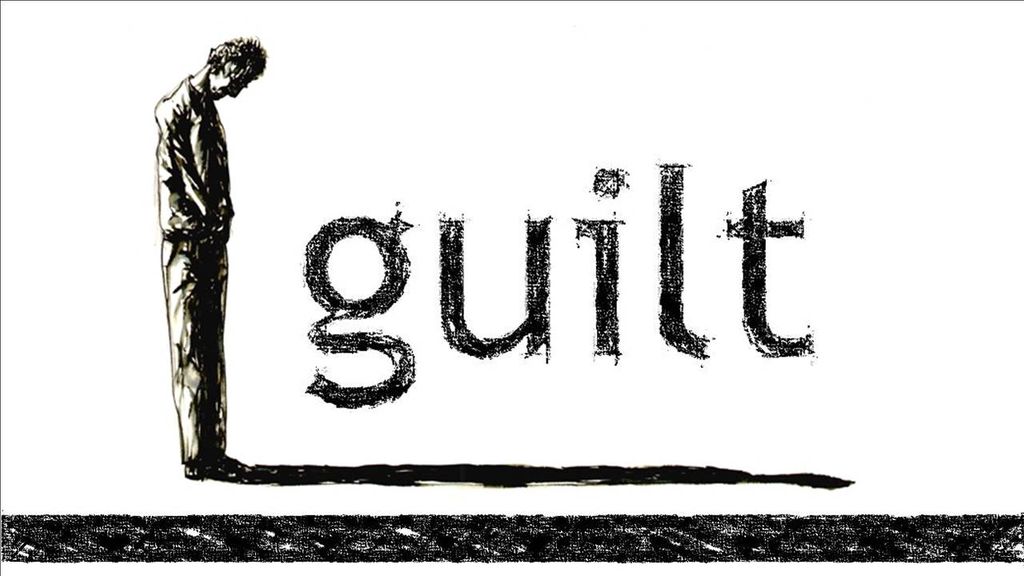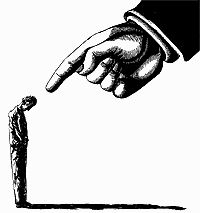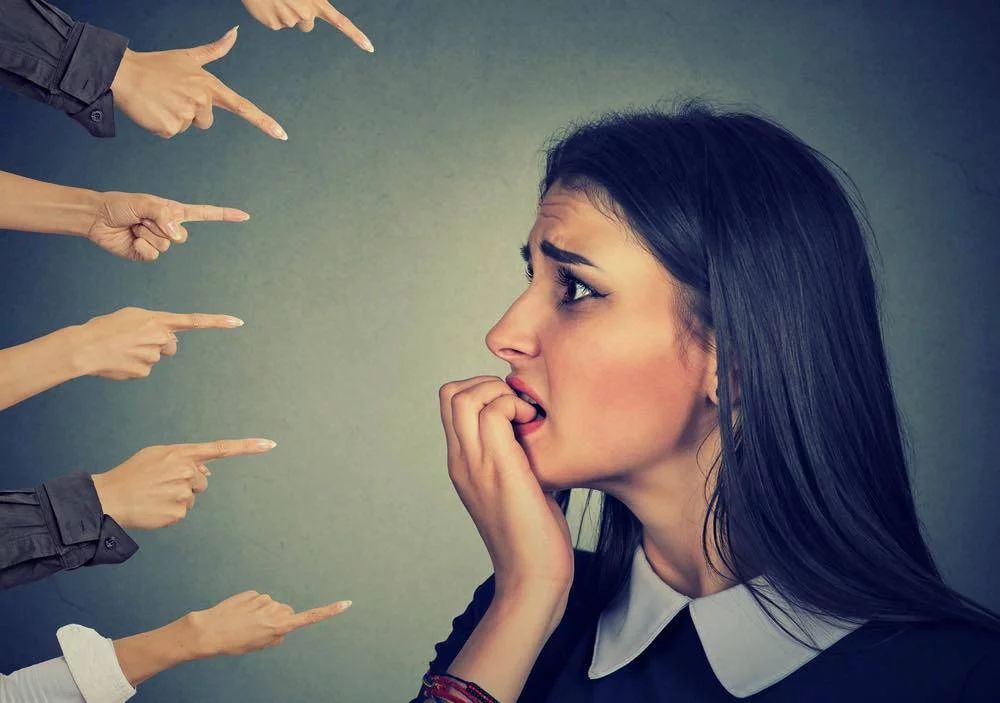Guilt- Perhaps The Most Painful Companion Of Death
Apr 03, 2019 • 86 views

Guilt
Almost everyone experiences guilt, off and on, throughout their life. Guilt is not completely negative, unproductive and disruptive. Guilt can be seen in a positive light, although most people do not see it as such.It can be an adaptive feeling in that it can help motivate a person to learn from painful experiences.
Understanding Guilt
The dictionary defines the word guilt as a "feeling of responsibility or remorse for some offense, crime, wrong, etc., whether real or imagined."
Guilt is that part of the human conscience that brings us up short and convicts us for actions and thoughts.It is that voice within a healthy person that can bring us to a realization that there is a standard and we have fallen short of and a standard we would like to live up to.Guilt can motivate a person to attempt to make amends, to try to repair damage to relationships, to confess and seek forgiveness, and to change their behavior.It can turn a positive person into a person who sees nearly everythingas a problem. Like frustration and anger, it can slow down or totally inhibit our progress, and at times completely immobilize us. We can become so wound up with our guilt that we do not, and cannot, think or act rationally.

In psychological terms, guilt is an emotional state in which one experiences conflict at having done something one believes one should not have done or, conversely, not having done something one believes one should have done. It gives rise to a feeling that does not go away easily, driven by conscience. It is often associated withdepression,anxiety,stressand other mental health related problems.

From a legal perspective, guilt can also refer to the condition of having done something legally wrong, regardless of how one feels about it. From a cultural perspective there is a concept called collective guilt.Collective guilt is the idea that a collection of humans or a human institution can bear guilt above and beyond the guilt of particular members.
Seeing the feeling of guilt in its proper light allows us to understand that it is a safety valve for the human condition. Guilt means there is a right and wrong way for us to operate and there are standards of what is good and what is worthy of guilt.

Where guilt comes from in the human mind is not known and the specific behaviors that cause guilt in a person can not be predicted ahead of time.However, we do know that there are people who appear to be lack any sense of guilt.
Such people, labeled psychopaths, typically do not exhibit a remorse or guilt in the face of wrongdoing. This is seen by psychologists as part of a lack of moral reasoning in comparison with the majority of humans, an inability to evaluate situations in a moral framework and an inability to develop emotional bonds with other people.

